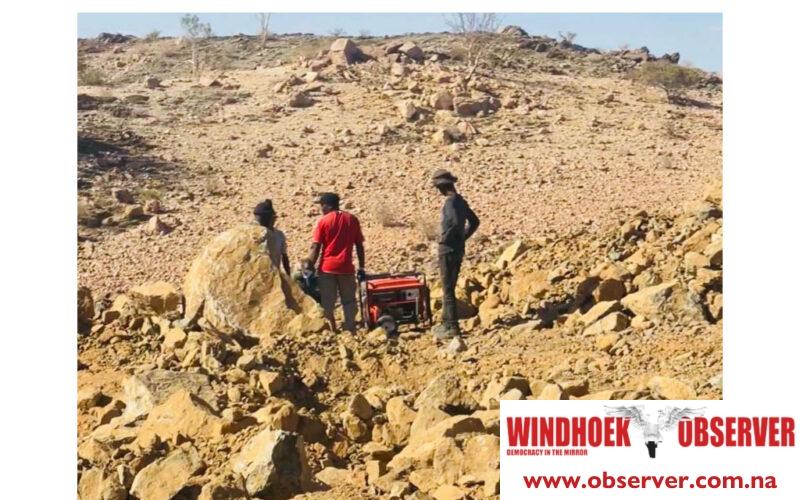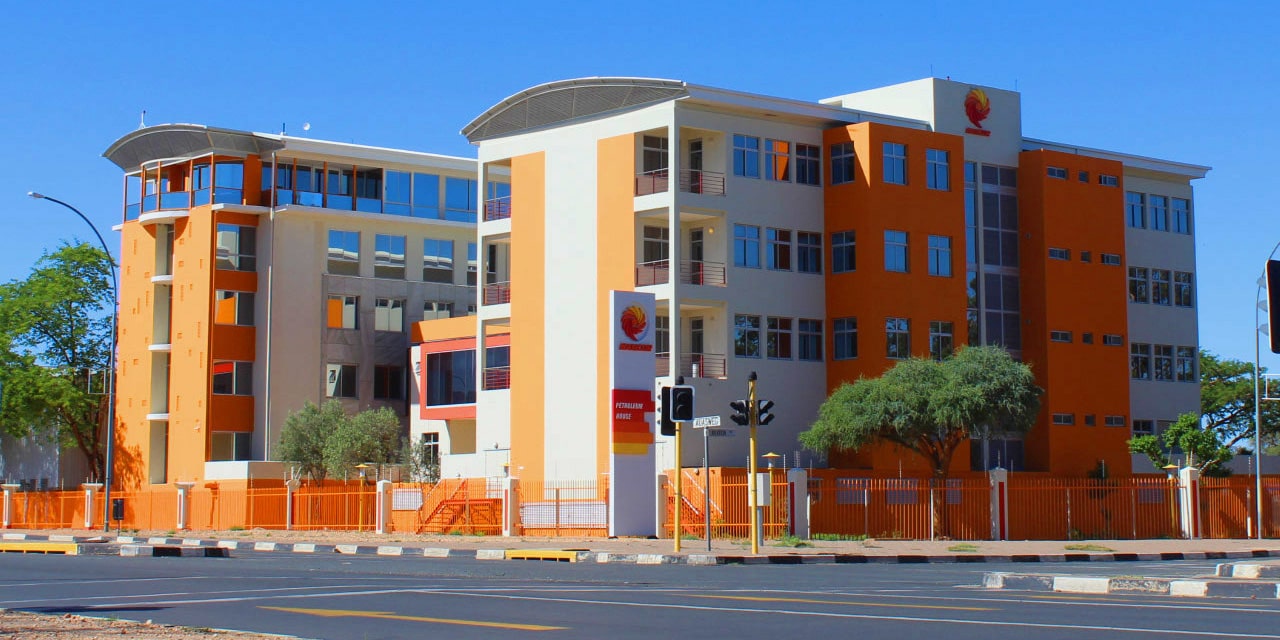Ester Mbathera
The ministry’s decision to ban the export of raw lithium ore has impacted small Namibian miners seeking to establish themselves in the mining industry.
Fabiola Awases, a small miner in the Otjimbingwe area who has relied on her claims for years, discovered lithium deposits on her land, but she is unable to profit from the minerals.
“The decision by the ministry was premature. Before the ban, they had already given Xinfeng a competitive advantage to export some ore out of the country, giving them a starting capital. We could not,” she said.
She advocated for all miners to be permitted to export some quantities to generate income.
Currently, miners, particularly smaller ones, are unable to process their ore.
Awases highlights the government’s failure to attract investors to set up processing plants, leaving miners with unprocessed lithium.
“We will sit on this lithium for years until one day when someone comes to put up a plant. In the meantime, lithium is in the same category as semi-precious stones until the prices drop,” she says.
Although she sees the potential in the Awases believes it was implemented too early.
Small miners now have to approach Xinfeng for ore processing, presenting an additional challenge.
“You have to take samples overseas at your own cost. There is no local capacity. The worst part is that we have to trust strangers to go and test the samples because we don’t know anyone in China or Canada. How does one know the authenticity of the report? Which investor is willing to come and have their ore processed by another investor,” she said.
Without the ban, Awases said she could have expanded into other sectors, such as agriculture, by using profits from lithium.
“My farm has water, and if I had the money from lithium, I would be producing food on my farm by now.” One sector could have complemented the other. The land is there, and the water is there. The government cannot do everything alone. They should capacitate the locals,” she said.
Isabella Chirchir, the mining commissioner, clarified that the ban was in place to prevent the export of any other minerals along with the raw lithium ore.
“We don’t want our products to go out in raw form. Because when it goes out in raw form, there are some other minerals that are not accounted for. And then, if it’s processed here, at least we can engage whoever is putting up a plant to say what other minerals are there. Because they also need to pay royalties for those other minerals as well,” she said.
She added that, apart from the Xinfeng processing plant, two other investors have shown interest in putting up processing plants.
Xinfeng earlier this year explained that details on the pricing and contractual arrangements are being finalised, with several long-term agreements nearing completion.
Andrada Mining has a pilot plant.
Businessman Leake Hangala explained that the public should understand that the ban is the first step to keeping the minerals in Namibia.
He says it’s a sign that Namibia wants to add value to its minerals.
“Namibia does not want to export labour. Namibia does not want to export foreign currency. Namibia wants to create jobs here,” he said.
Hangala explains that in order for this to happen, it starts with policies.
He said good practices must be put in place to ensure that the policies are achieved.
“We must just make sure that it’s implemented properly, that it’s transparent, and that it does not discriminate against our people or advantage foreign investors. This is the cry of Africa—that Africa must stop, you know, exporting raw materials. You must create value here. It must start there,” he said.
Hangala said investors will not shy away from Namibia if things are done in a transparent manner.




